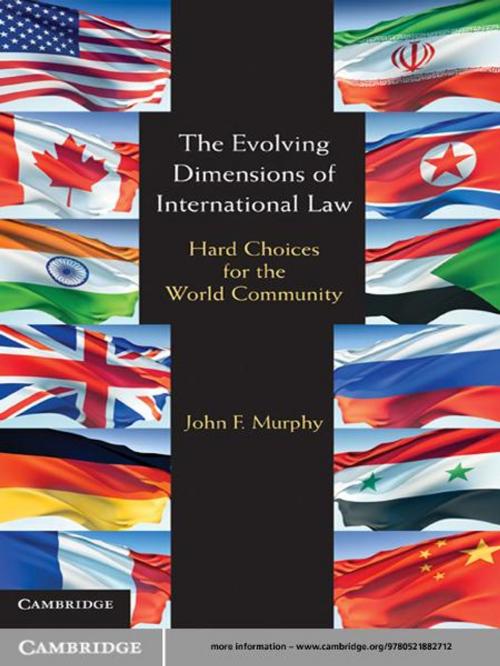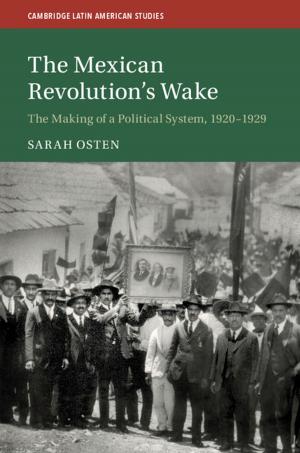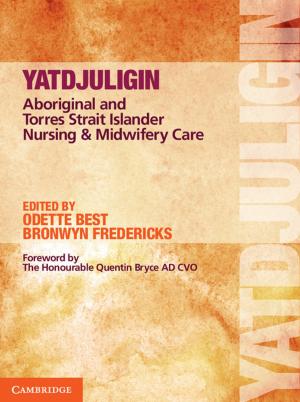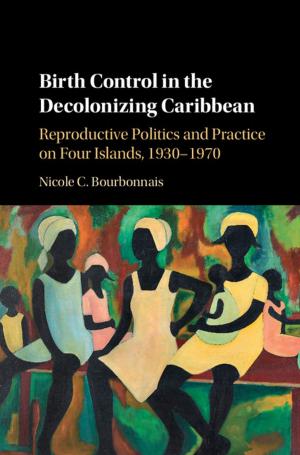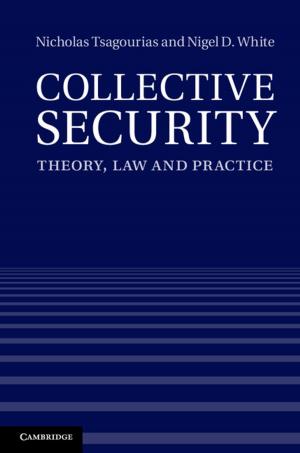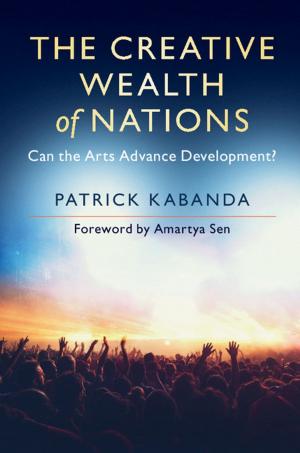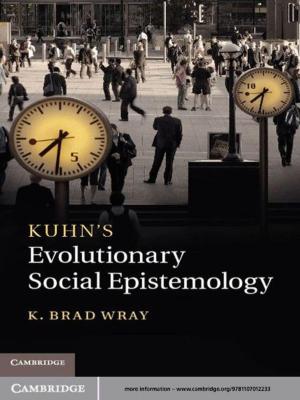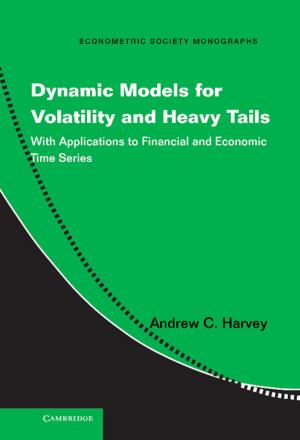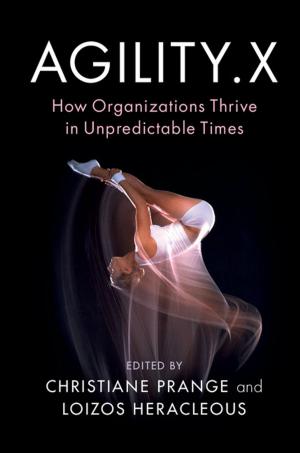The Evolving Dimensions of International Law
Hard Choices for the World Community
Nonfiction, Reference & Language, Law, Jurisprudence, International| Author: | John F. Murphy | ISBN: | 9780511847349 |
| Publisher: | Cambridge University Press | Publication: | March 22, 2010 |
| Imprint: | Cambridge University Press | Language: | English |
| Author: | John F. Murphy |
| ISBN: | 9780511847349 |
| Publisher: | Cambridge University Press |
| Publication: | March 22, 2010 |
| Imprint: | Cambridge University Press |
| Language: | English |
This book examines recent developments in sources of public international law, such as treaties and custom operating among nations in their mutual relations, as well as developments in some of the primary rules of law international institutions created by these processes. It finds that public international law has become increasingly dysfunctional in dealing with some of the primary problems facing the world community, such as the maintenance of international peace and security, violations of international human rights and the law of armed conflict, arms control, disarmament and non-proliferation, and international environmental issues, and that international law and international institutions face a problematic future. It concludes, however, that all is not lost. There are possible alternative futures for international law and legal process, but choosing among them will require the world community making hard choices.
This book examines recent developments in sources of public international law, such as treaties and custom operating among nations in their mutual relations, as well as developments in some of the primary rules of law international institutions created by these processes. It finds that public international law has become increasingly dysfunctional in dealing with some of the primary problems facing the world community, such as the maintenance of international peace and security, violations of international human rights and the law of armed conflict, arms control, disarmament and non-proliferation, and international environmental issues, and that international law and international institutions face a problematic future. It concludes, however, that all is not lost. There are possible alternative futures for international law and legal process, but choosing among them will require the world community making hard choices.
